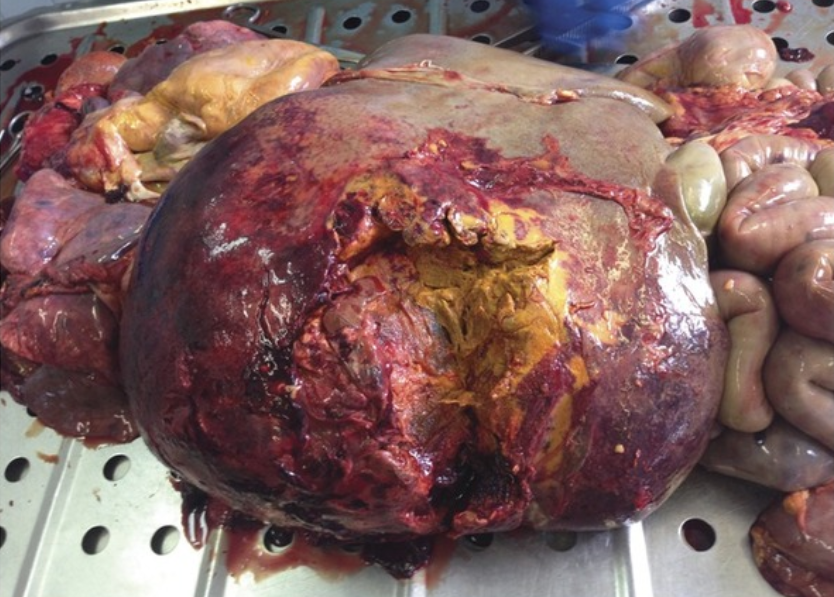Anabolic steroids can be used in bodybuilding primarily to increase muscle mass and strength indicators. In addition, steroids help to maintain muscle mass when drying and working on relief, help to increase the performance of training, by increasing endurance and strength.
The mechanism of action of steroids
Scientific review from the expert Boris Tsatsulin about the effect of steroids on athletes and amateurs
The mechanism of action of anabolic steroids is not similar to the action of peptide hormones. Once in the blood, steroid molecules are carried throughout the body, where they react with skeletal muscle cells, sebaceous glands, hair sacs, certain areas of the brain and some endocrine glands. Anabolic steroids are soluble in fats, so they can penetrate through the cell membrane consisting of fats; inside the cell, anabolic steroids interact (bind) with the androgen receptors of the nucleus and cytoplasm. Activated androgen receptors transmit a signal inside the cell nucleus, as a result of which gene expression changes or processes that send signals to other parts of the cell are activated.As a result, the synthesis of all types of nucleic acids is stimulated and the process of formation of new protein molecules is started.
The effect of anabolic steroids on the growth of muscle mass is due to the following mechanisms:
- acceleration of protein synthesis
- reduction of recovery time
- reduction of the effect of catabolic hormones (cortisol, etc.)
- the shift of cell differentiation towards muscle cells, reducing the formation of fat cells, the
acceleration of metabolic reactions, due to which there is a breakdown of fat - muscle memory
Effects of anabolic steroids
The effects of anabolic steroids are divided into two main categories: anabolic and androgenic.
Anabolic effects:
- Significant increase in muscle mass (5-10 kg per month)
- Increase in strength indicators
- Increase endurance and performance
- An increase in the number of red blood cells
- Strengthening of bone tissue
Cons of steroids
A 42-year-old professional athlete who had been bodybuilding since the age of 24 and had independently used anabolic androgenic steroids and protein preparations throughout this period of time in order to build muscle, felt unwell while lifting a barbell during training and was hospitalized in the nearest hospital. Ultrasound and CT scans revealed an enlarged liver with a large multicystic formation, presumably regarded as a manifestation of echinococcosis.
In the hospital, due to the presence of symptoms of peritoneal irritation and suspected peritonitis, the patient underwent laparoscopic surgery, which revealed the presence of 250 ml of lysed blood in the peritoneal cavity, an enlarged liver, the lower edge of which was 2 cm below the navel, and signs of intrahepatic cholestasis. No visible damage was found. The postoperative diagnosis was formulated as "toxic hepatitis, liver hematoma, small hemoperitoneum."Symptomatic treatment was carried out, the patient's condition remained satisfactory, however, on the 5th day after hospitalization, it deteriorated sharply, unchanged blood began to flow through the drainage tube from the peritoneal cavity, peritoneal symptoms appeared, and therefore the patient was taken to the operating room. During laparotomy, 1.5 liters of blood were found and evacuated from the peritoneal cavity, ruptures were found on the anterior surface of the liver, and an examination revealed a cavity about 10 cm in diameter with blood leaking from it. Hemostasis was achieved by stitching areas of the liver with elements of omentopexy, coagulation, using a hemostatic sponge and tamponing the rupture areas with five gauze swabs. Fragments of tissue from the lesion were taken for biopsy examination. In the postoperative period, despite intensive therapy, the patient's condition worsened and on the 10th day after her hospitalization at the Research Institute of Emergency Medicine, she died.


A number of studies have described the development of psychological and psychiatric symptoms in people using steroids. These deviations include manic or hypomanic symptoms, as well as depressive symptoms upon discontinuation of the course, the manifestations appear to be dose-dependent and develop, as a rule, in people receiving more than 1000 mg of testosterone per week. Behavioral changes were also observed in laboratory animals treated with high doses of steroids. People who use steroids have a tendency to criminal behavior and violent acts, including homicide.
Since taking steroids based on the feedback principle is accompanied by a pattern of hypogonadism, which, if the drugs are discontinued, can last for weeks or even months and be accompanied by increased fatigue, loss of libido and depression, former users start using steroids again to eliminate these phenomena.Steroids also lead to an acceleration of apoptosis in the cells of the central nervous system, this is accompanied by a violation of spatial image memorization, demonstrated in weightlifters who received steroids.The presence of high concentrations of testosterone in the blood is accompanied, according to the feedback principle, by a decrease in stimulation of the sex glands by the hypothalamic-pituitary system in men who have increased sexual activity in the early stages of taking steroids. In the future, this is manifested by the appearance of receding hairlines, inhibition of spermatogenesis, testicular atrophy, infertility and erectile dysfunction, which, according to some authors, are reversible after drug withdrawal, while others may be irreversible even if the function of the hypothalamus and pituitary gland returns to normal.Taking steroids in men is often accompanied by gynecomastia and the appearance of acne on the skin. Taking steroids in women leads to ovarian hypofunction, which is manifested by menstrual disorders up to the development of amenorrhea, hirsutism, a change in (reversible) voice, and in severe cases, bone mass deficiency. Some researchers point to the possibility of benign hyperplasia and prostate cancer against this background as a consequence of long-term steroid use by men.Prolonged use of steroids is also accompanied by immune disorders. They are based on impaired immunoglobulin synthesis, decreased lymphocyte activity, impaired synthesis and excretion of superoxide anion, and decreased oxidative activity of neutrophilic leukocytes.Do you still want to use steroids? Write in the comments.
